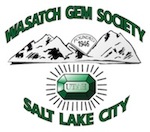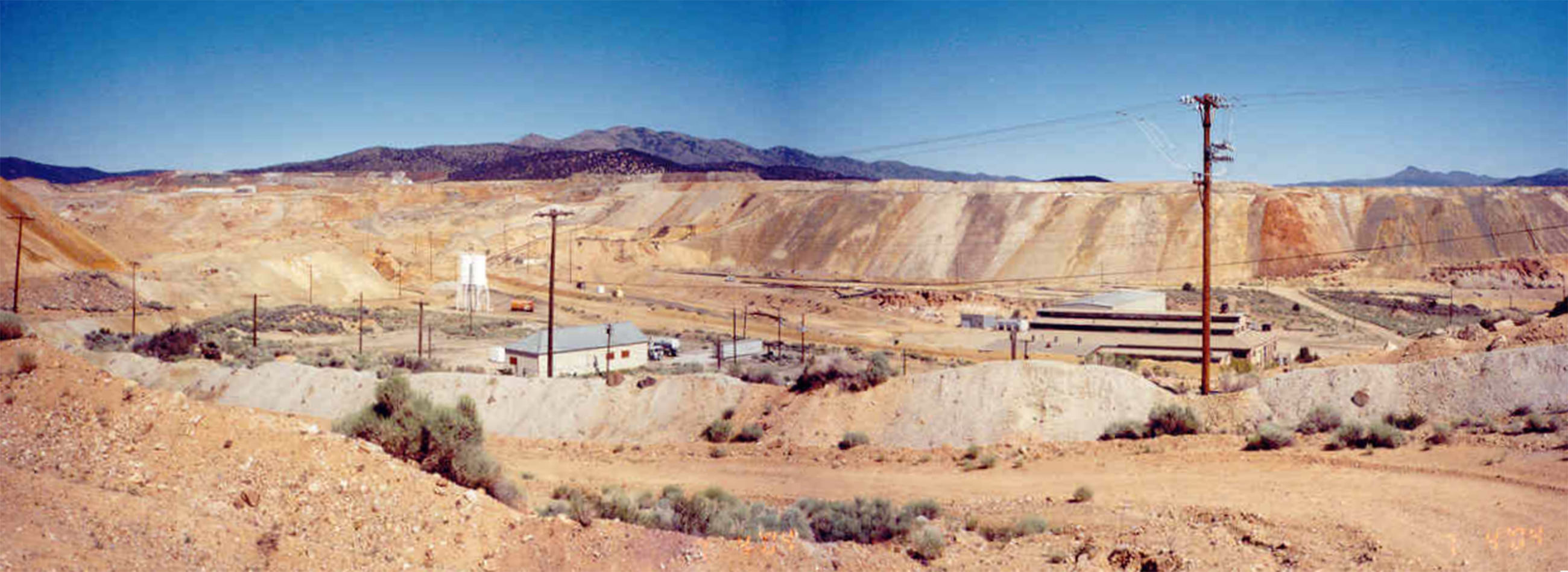by Geologic Information and Outreach Staff Utah Geological Survey
Utah's rock, mineral, and fossil collectors must adhere to rules and regulations established by owners or managing agencies of the lands on which they wish to collect. Prior to collecting, rockhounds should determine ownership of the lands they intend to visit and familiarize themselves with the regulations that apply to collecting on those lands. Consult surface-management status maps (sold by various agencies and outlets, including the Utah Geological Survey and the Bureau of Land Management) or site-specific landownership maps (at the recorder's office in the county where you intend to collect). Utah's lands are managed by the federal government (Bureau of Land Management, U.S. Forest Service, National Park Service, Bureau of Reclamation, Department of Defense, U.S. Fish and Wildlife Service, American Indians), state government (School and Institutional Trust Lands Administration), and private owners (including local governments). Rockhounding permits may be required to collect on some government lands, and permission is required to collect on private lands.
FEDERAL LANDS
About 67 percent of Utah's lands are managed by the federal government. Most of this land is open to collecting except for National Parks, National Monuments, American Indian lands, military reservations, dam sites, and wildlife refuges.
Bureau of Land Management (BLM) Lands: Except where posted or on developed recreation sites, the casual collector may collect reasonable amounts of rocks, minerals, gemstones, invertebrate and plant fossils if collection is for personal, non-commercial purposes. Surface disturbance must be negligible. Collection of large quantities or for commercial purposes requires a permit from the BLM. (Commercial collecting of fossils is not allowed). Use of explosives and/or power equipment is forbidden. You may collect in wilderness and wilderness study areas so long as there is no surface disturbance.
Petrified wood may be collected for personal use up to 25 pounds plus one piece per day up to a maximum of 250 pounds per calendar year. Use of explosives and/or power equipment is forbidden. Collectors wishing to resell their petrified wood specimens must obtain a permit. BLM State Office 801-539-4001
U.S. Forest Service (USFS)Lands: Rock, mineral, and fossil collecting on lands managed by the U.S. Forest Service requires a permit. Although collecting for personal use is allowed in most districts and permits are typically free, collecting rules vary. (Commercial collecting of fossils is not allowed). USFS State Office 801-524-3900
STATE LANDS
Most state-owned property is managed by the School and Institutional Trust Lands Administration (Trust Lands) and a rockhounding permit is required to collect on these lands. A fee is charged for the annual permit. Rockhounds may collect up to 25 pounds plus one piece per day, up to a maximum of 250 pounds per year. This permit does not authorize collection in areas where active mining operations are in progress or in areas that are leased for the mineral being collected unless permission is obtained from the lessee. The permit does not authorize collection on other state-administered lands, such as state parks.
Commercial collectors must follow specific regulations and obtain a mineral lease or materials permit. For permits and fee information, contact the School and Institutional Trust Lands Administrations office 801-538-5100 (phone), 801-355-0922 (fax).
PRIVATE LANDS
To access or collect on privately owned lands, collectors must contact and obtain permission from the owners prior to entering the property.
NOTE:
Dinosaur and other vertebrate fossils may not be collected on any federal or state lands except by permits issued to accredited institutions. For more information, contact the land managing agency or the Paleontology Section at the Utah Geological Survey, 1594 W. North Temple, Salt Lake City, UT 84114-6100 Phone (801)-537-3300.
SAFETY TIPS
Rockhounding can be a potentially dangerous hobby. To minimize the risk of injury, please remember:
- Wear protective equipment.
- Do not work alone, and let someone else know your schedule.
- Carry a first aid kit.
- Watch for others, and when on slopes, never work directly above or below anyone.
- Do not enter abandoned mines or shafts.
Taken from: geology.utah.gov




